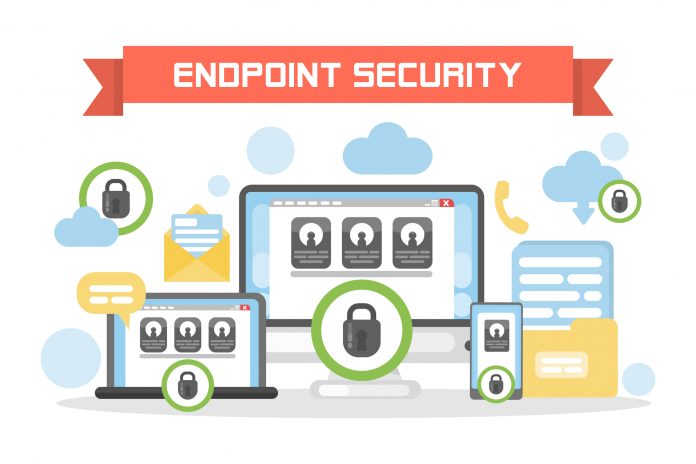
What is Endpoint Security?
Endpoint Security or Endpoint Protection is a procedure wherein devices like laptops, tablets, and mobile phones, which are being used in the workforce, are being protected from security breaches. This ensures that employees are following the right security protocols and that all devices are running on updated systems and programs, preventing important data from being compromised.
Endpoint Security Definition and Benefits
Endpoint devices such as laptops, tablets, and smartphones are being used today by organizations to ensure business processes run smoothly. These gadgets allow employees to work remotely and conveniently. However, this trend also puts companies at risk as these devices provide access to threats. To block unauthorized access attempts and other risky activities at these points of entry, organizations must adopt strict endpoint security.
Endpoint Security’s Significance
As most employees these days are connected to their companies’ networks and data through their personal devices or work devices, companies tend to be more vulnerable to security breaches. Because of this, endpoint security software must be utilized to keep the data and network protected. Here are some types of endpoint protection:
Types of Endpoint Security
- Browser Isolation – This endpoint security solution prevents any browser-related threats like surprise downloads, malware, and ransomware by isolating browsers and destroying web browser codes that are considered to be a threat.
- Antivirus – Antivirus is the most basic protection you can deploy for your endpoints. Typically installed directly on devices, antivirus software can detect and remove malicious applications and malware with unknown signatures by examining its behavior.
- Application Control – An endpoint security that basically controls permission and restriction of every application. It involves, whitelisting, blacklisting, and gray-listing. This prevents threatening applications from running.
- Network Access Control – These are computer networking solutions that use a set of protocols to implement strategies for securing access to network nodes. They decide which devices and users will be given access to the network infrastructure. These solutions let various network infrastructures such as firewalls, switches, and routers to work with end-user computing equipment and back-office servers to implement network security policies before allowing communication.
- Endpoint Encryption – The process of encoding or scrambling of data to make it unreadable and unusable. Only the user who has the correct decryption key can access the data. This solution protects organizations against data theft and exposure.
- Cloud Security – A type of endpoint security platform that strengthens cloud infrastructure against malicious activities.
- Endpoint Detection and Response (EDR) – This type of endpoint security monitors all application that enters and exits a network’s endpoints. Its main features are threat investigation, malware and ransomware detection, and granular visibility.
- URL Filtering – An endpoint protection platform wherein web traffic is being filtered. Therefore, users can no longer access websites that are dangerous to the network.
- Email Gateways Security – A type of endpoint security platform in which incoming and outgoing emails are being filtered and monitored to ensure total prevention from hackers and malicious activities.
Endpoint Security Benefits
Protects valuable data – One of the benefits of endpoint security is it safeguards valuable information, which is a critical asset of your company. This way, you can ensure that only authorized people will have access to the most important data.
Increased Productivity – Endpoint security can improve your organization’s productivity. As this can ensure that your files are always available, your employees won’t have problems handling time-consuming issues.
Cost-effectiveness – A company can save more money by engaging their network with endpoint security. They will no longer pay for manual data retrieval and troubleshooting as problems are prevented before they even occur.
Discourage hackers – By safeguarding important and sensitive data, you can deter criminals from doing identity theft, phishing scams, or other types of fraudulent activities.
Conclusion
There is a growing need for effective endpoint security measures, especially in light of the rise in cyber threats. With remote employees depending on mobile devices and home computers, it is necessary to have strict security procedures.
Our team at Swift Systems can help you securely connect to your virtual server without the risk of hackers and other cybercriminals stealing your confidential information. From your mobile devices and tablets to your laptops, we deploy multi-layered security solutions to all of your endpoints.

IT systems are foundational to modern businesses. Too often, that foundation is unsteady. Unpredictable outages, insecure networks, and unreliable performance from mission-critical systems can jeopardize your entire business.
There’s a better way. Learn how.
Get in touch with us for a free consultation with one of our technical experts. We’ll review your current systems, assess your needs, and identify the coverage options to best meet them.
Get in touch with us by phone:

